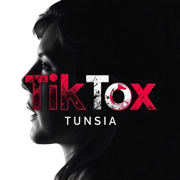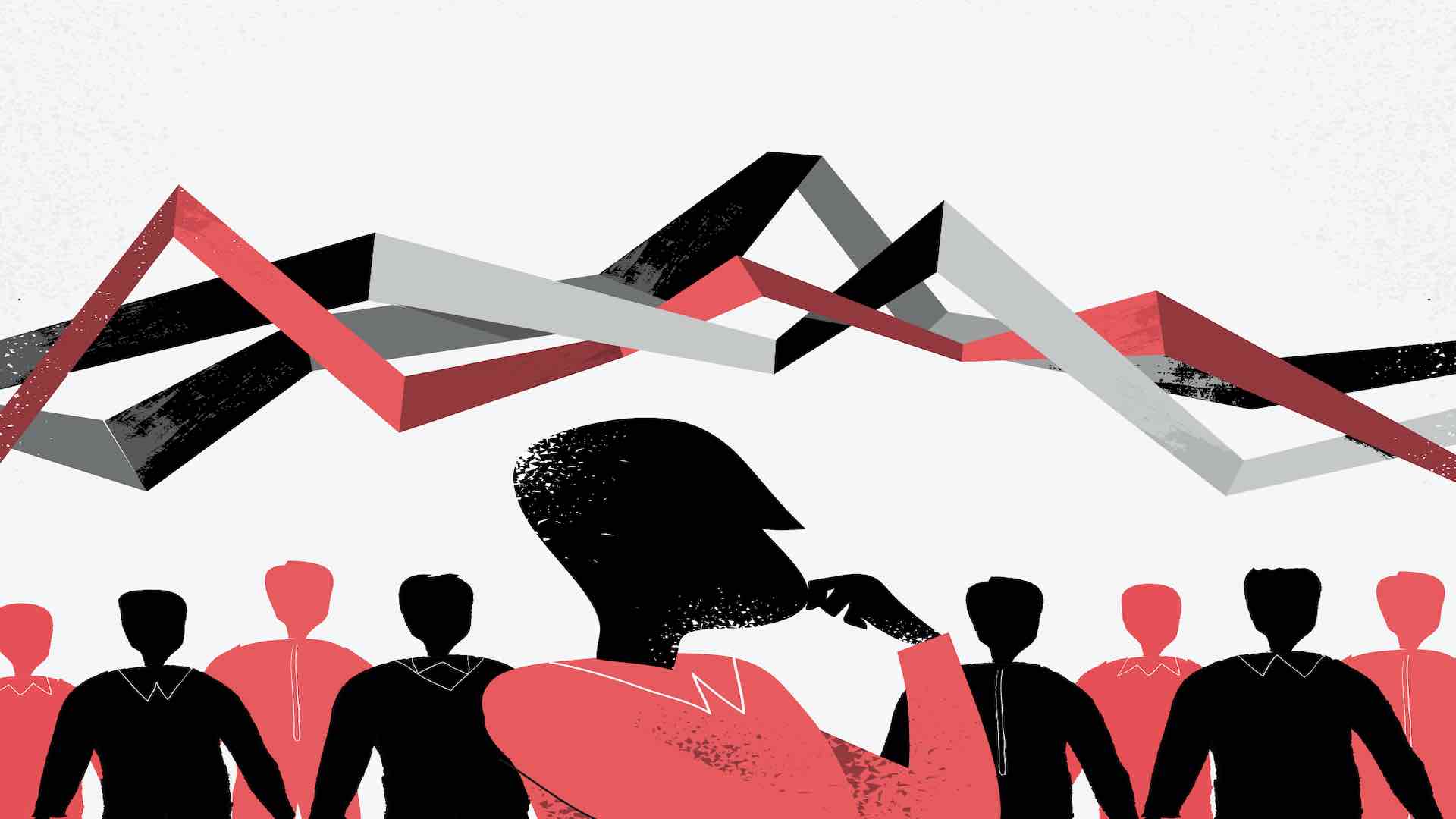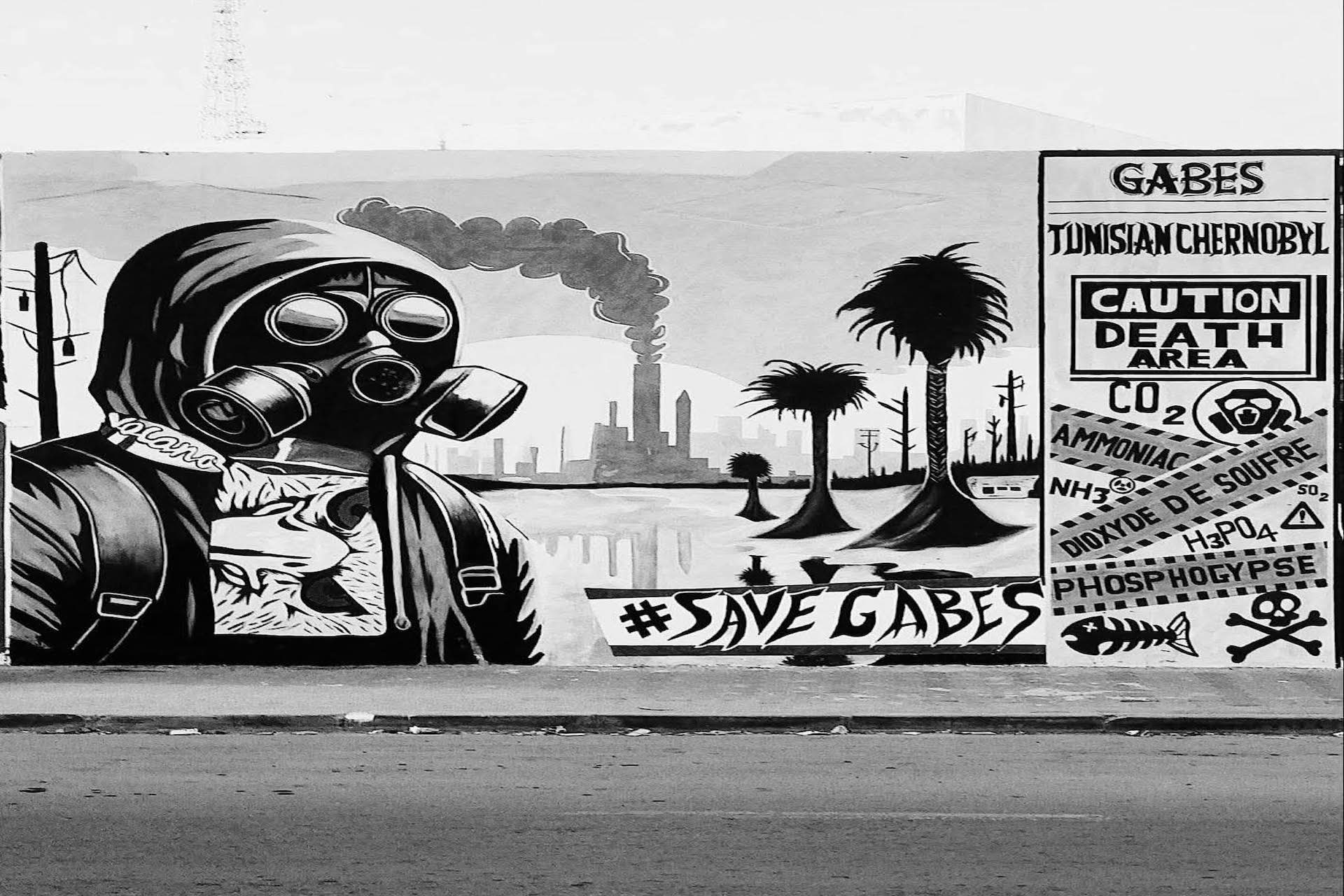Money Laundering Risks on TikTok Tunisia: A Professional Analysis
Examine the risks of money laundering on TikTok Tunisia, understand regulatory gaps, and learn strategies for compliance and prevention.
Introduction
TikTok has rapidly evolved into a global social media powerhouse, and Tunisia is no exception. Beyond entertainment and digital entrepreneurship, the platform presents financial vulnerabilities, including potential avenues for money laundering.
Money laundering refers to the process of concealing illegally obtained funds through legitimate channels. With TikTok’s live streaming, virtual gifts, and donations, the platform inadvertently creates opportunities for illicit money flows. This article provides a professional assessment of these risks, the Tunisian regulatory context, and strategies for prevention, compliance, and responsible use.
1. The Mechanics of Money Laundering on TikTok
Understanding how money laundering could occur on TikTok Tunisia requires analyzing its digital economy:
- Virtual Gifts and Coins: Users purchase coins to give to streamers during live sessions. Coins can later be converted into cash via TikTok’s payout system.
- Third-Party Cashouts: Some streamers use intermediaries or third-party platforms to cash out coins, bypassing direct tracking.
- Cross-Border Donations: Diaspora communities in Europe or the Middle East may send donations, which can escape national oversight if not properly recorded.
- Bulk Donations and Bot Activity: Coordinated artificial gift campaigns can be used to obscure illegal fund origins.
While most transactions are legitimate, the structure is inherently attractive to money launderers seeking to integrate illicit funds into the formal economy.
2. High-Risk Scenarios for Streamers
Several scenarios on TikTok Tunisia heighten the risk of money laundering:
- Rapid accumulation of large donations from unverified accounts
- Layering through multiple small transactions to avoid reporting thresholds
- Use of multiple currencies and payment platforms to obscure money sources
- Anonymous or pseudonymous donors with no verifiable identity
Streamers who unknowingly accept such donations may inadvertently become involved in illegal activities, exposing themselves to legal liability and reputational damage.
3. Tunisian Legal Framework
Tunisia has implemented anti-money laundering (AML) laws, though enforcement in digital platforms remains challenging:
- Law No. 2015-26 – Establishes reporting obligations for suspicious financial transactions.
- Financial Intelligence Unit (FIU) – Monitors unusual or suspicious flows of funds.
- Penal Code Articles 80–82 – Criminalizes laundering of proceeds from illegal activities.
- Consumer Protection Laws – Ensure transactions are transparent and fair.
Currently, these laws primarily target traditional financial institutions, creating a regulatory gap for online platforms like TikTok, especially concerning virtual gifts and cross-border digital donations.
4. International Compliance Standards
Tunisia aligns with FATF (Financial Action Task Force) recommendations, which include:
- Customer due diligence – Identifying and verifying financial participants.
- Transaction monitoring – Detecting unusual patterns or high-risk behavior.
- Suspicious transaction reporting – Mandatory reporting of potential laundering activities.
- Risk-based approach – Allocating resources based on assessed exposure to illicit activity.
Applying these principles to TikTok involves collaboration between the platform, Tunisian authorities, and streamers themselves.
5. Practical Responsibilities for Streamers
Professional TikTok streamers can adopt strategies to mitigate money laundering risks:
- Maintain detailed records of all donations – Track every coin, gift, or sponsorship.
- Use official payout channels only – Avoid third-party cashouts that could obscure the source of funds.
- Verify high-value donors – Conduct due diligence on unusually large donations.
- Report suspicious activity – Alert TikTok and relevant authorities if patterns appear irregular.
- Comply with taxation laws – Declare all income generated through the platform.
These measures protect streamers legally and uphold the platform’s integrity.
6. Potential Consequences of Non-Compliance
Unchecked money laundering can have serious consequences:
- Legal Liability: Streamers could face fines, asset seizures, or imprisonment.
- Reputational Damage: Association with illicit activity can erode public trust.
- Platform Risk: TikTok may face regulatory scrutiny or restrictions in Tunisia.
- Financial Loss: Mismanaged transactions can result in lost income or frozen accounts.
Professional management and compliance are therefore essential.
7. Case Studies and Examples
Real-world examples illustrate the risks:
- Impersonation Donation Schemes: Fraudsters create fake TikTok accounts resembling popular Tunisian streamers to solicit donations.
- Cross-Border Laundering: Donations sent from Europe via third-party channels are sometimes used to funnel illicit funds into Tunisia.
- Layered Micro-Transactions: Small, frequent donations designed to evade monitoring can accumulate into significant laundered amounts.
These scenarios emphasize the need for rigorous monitoring and reporting by both streamers and platform administrators.
8. Recommendations for Authorities and TikTok
Preventing money laundering requires a multi-layered approach:
- Enhanced Verification: Platforms should strengthen identity checks for streamers and donors.
- Automated Monitoring Systems: Detect unusual patterns in donation flows.
- Educational Campaigns: Teach streamers and users about AML compliance and safe financial practices.
- Cross-Border Cooperation: Authorities must collaborate internationally to track suspicious transactions.
- Regulatory Updates: Tunisian law should explicitly cover virtual gifts, online donations, and streaming platforms.
Collaboration ensures that TikTok remains a secure environment for digital content creation.
9. Conclusion
TikTok Tunisia presents significant opportunities for streamers, but it also carries inherent money laundering risks. Awareness, diligence, and adherence to professional standards are crucial to protecting both streamers and the broader community.
By understanding the risks, complying with Tunisian law, and implementing preventive measures, TikTok can remain a legitimate, thriving digital ecosystem. Professional management of digital revenue safeguards creators, supports legal compliance, and ensures sustainable growth for the platform.














